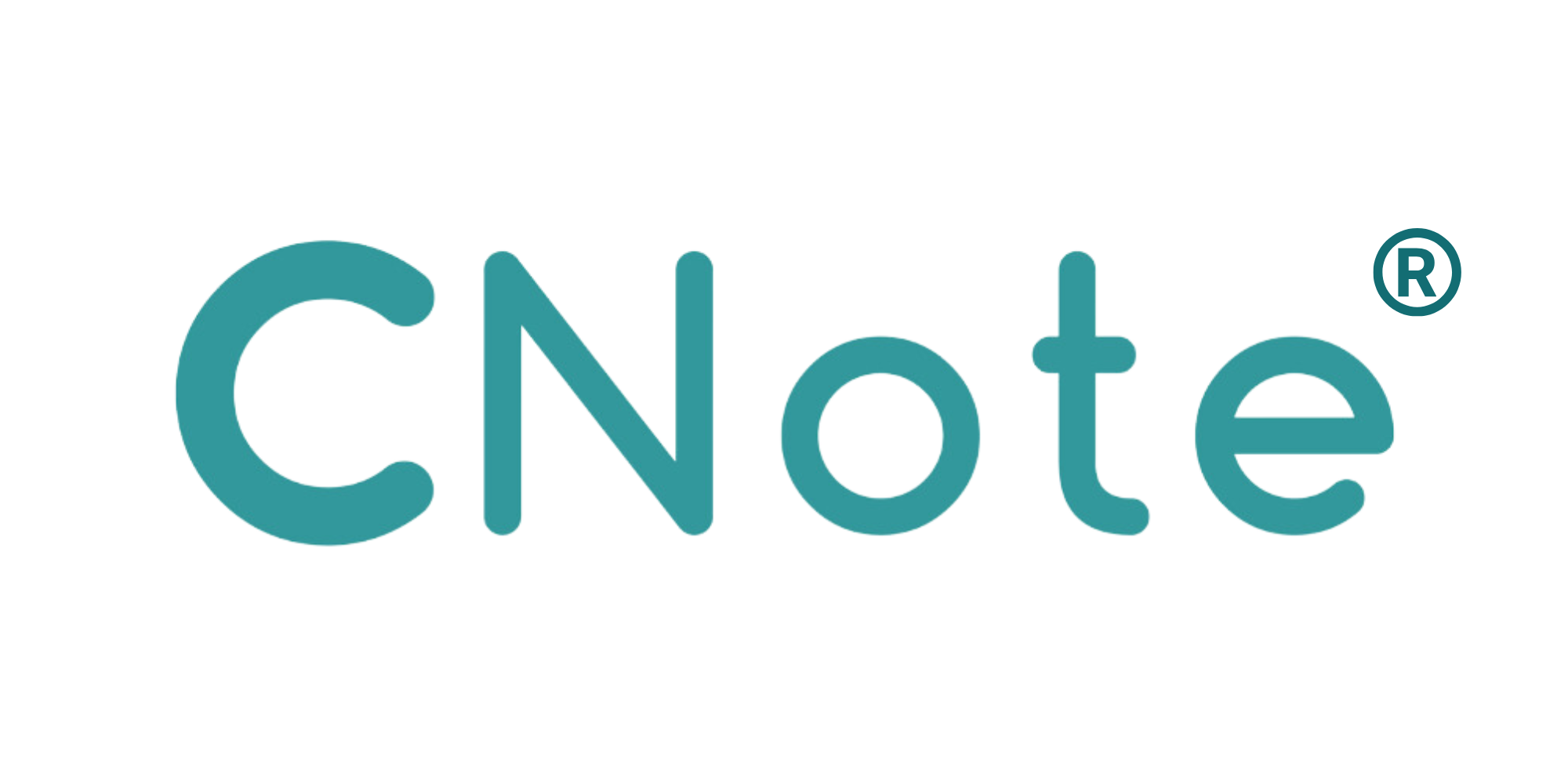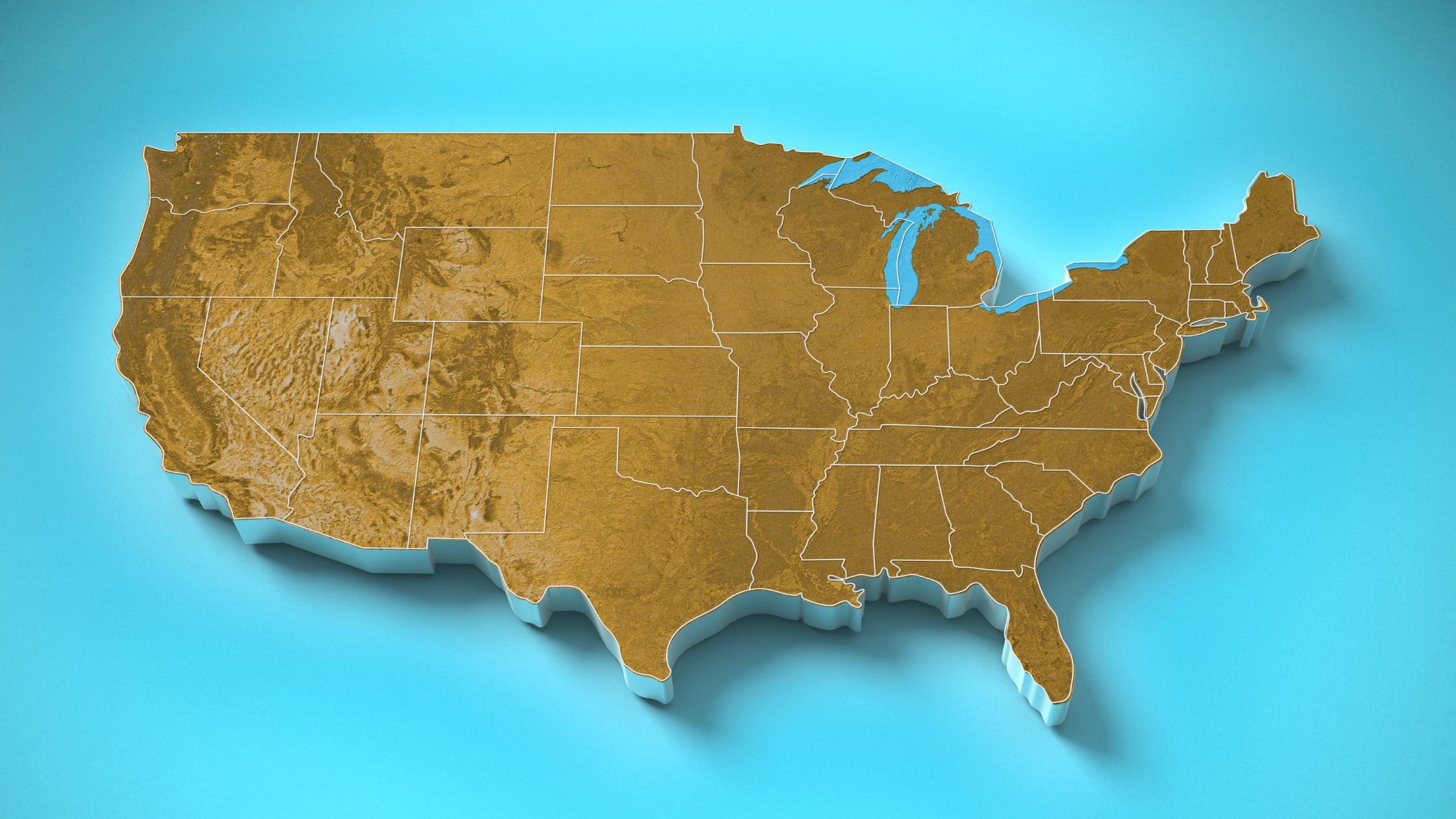When most people think about where to keep their money, they focus on interest rates, digital convenience, or brand familiarity. Rarely do we consider geography — the physical location of a bank or credit union — as an important factor in that decision. But geography plays a surprisingly powerful role in how your money is used and who benefits from it.
The Hidden Geography of Your Deposit
When you deposit money into a bank account, it doesn’t just sit there. Banks use those deposits to make loans — to individuals buying homes, to small businesses expanding their operations, and to local governments funding infrastructure projects. This is one of the primary ways banks generate income, and it’s a critical driver of economic activity.
But where those loans go depends on where the bank operates and what kind of institutions it works with. A large national bank might use your deposit to fund activities thousands of miles away, while a local or regional bank is more likely to reinvest that money into the surrounding community.
Deposits Don’t Always Stay Local
National and multinational banks typically centralize their lending operations. This means that your deposit in a local branch might ultimately support developments in other states or countries, depending on the bank’s priorities. While this approach helps diversify a bank’s portfolio, it also creates a disconnect between depositors and the communities their money supports.
In contrast, community banks and credit unions tend to focus on serving the regions in which they operate. Your deposit is more likely to go toward a small business on Main Street, a first-time homebuyer in your town, or a local development project. That local reinvestment can have real, visible impact.
Why Local Lending Matters
Local lending is a catalyst for community development. When banks reinvest deposits close to home, they help:
- Fuel Small Business Growth: Local entrepreneurs often struggle to access credit from large institutions. Community banks and credit unions understand the local economy and are more likely to take a chance on a promising idea that doesn’t fit into a national underwriting model.
- Support Homeownership: Local banks are often more attuned to housing needs and market conditions in their region, which can lead to more accessible and flexible mortgage options for residents.
- Keep Wealth Circulating Locally: Deposits that stay in the community contribute to a cycle of economic activity — supporting jobs, schools, and infrastructure — rather than being extracted to distant financial centers.
A Question of Alignment
Choosing where to bank is more than a financial decision — it’s also a question of values and alignment. If you care about the well-being of your local economy, placing your deposits with a bank that reinvests locally can be a powerful act. It ensures your money isn’t just safe — it’s actively working to improve the place you call home.
What You Can Do
If you’re curious about where your deposits go, ask questions. Does your bank disclose how it uses deposits? Is it involved in local lending? Are there nearby financial institutions — like community banks or credit unions — that prioritize reinvestment in your area?
Geography might not be the first factor you consider when choosing a bank, but it should be part of the equation. Because where your money sleeps at night can shape what kind of world wakes up tomorrow.


